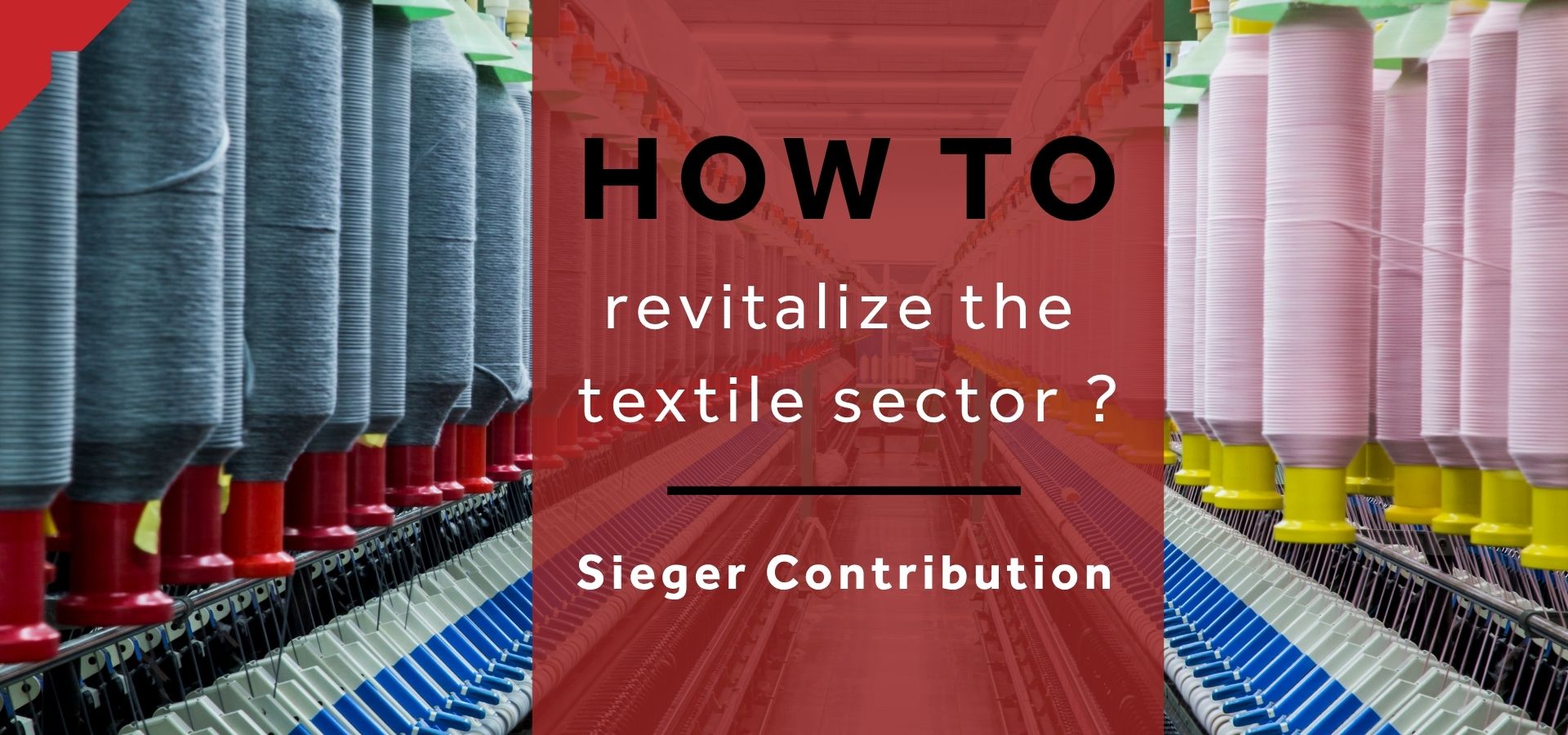India’s Textile Landscape
The Indian textile industry is doing well. This vibrant sector also has challenges arising over global competition and bureaucratic red tape. There is an urgent need for innovation in the textile sector and industry experts are voicing out this concern loud and clear. Did you know that it was Punjab which led the world in sewing machine production two decades earlier? Now it has become history.
Key Challenges
To revitalize the textile sector, the red tapes to buy land or to get clearances, infrastructure and technology gaps must be addressed. Environmental compliance cost is also a key factor for local manufacturers especially. More support is needed for the processing of fiber and fabric manufacturing. Well-thought about policy decisions and allied initiatives from the government will revitalize the textile sector immensely.
Innovation and Policy Support
For example - In the budget speech by the finance minister this year, a five-year mission for cotton productivity was announced. The Department of Agricultural Research & Education (DARE) is the nodal department for implementing the Mission, with the Ministry of Textiles as a partner. The mission aims to boost cotton production through strategic interventions, including research and extension activities across all cotton-growing states. The mission also proposes to focus on developing climate-smart, pest-resistant, and high-yielding cotton varieties, including Extra Long Staple (ELS) cotton, using advanced breeding and biotechnology tools.
Government Initiatives
As per an official statement from the government, a special project on Cotton titled ‘Targeting technologies to agro-ecological zones-large scale demonstration of best practices to enhance cotton productivity’ has been implemented by ICAR- Central Institute for Cotton Research (CICR), Nagpur in 8 major cotton growing states under National Food Security and Nutrition Mission (NFSNM) during 2023-24, 2024-25 and is ongoing in 2025-26 to enhance productivity of cotton and production of ELS cotton. The total outlay of the Special Project is Rs. 6,032.35 lakhs.
Cotton Mission Impact
The ‘Mission for Cotton Productivity’ aims to equip farmers with cutting-edge scientific and technological support, enabling higher productivity, superior fibre quality, and improved resilience against climatic and pest-related challenges. Aligned with the Government’s integrated 5F vision, Farm to Fibre to Factory to Fashion to Foreign, the Mission is expected to boost cotton farmers’ incomes, ensure a steady supply of high-quality cotton, and revitalize India’s traditional textile sector, thereby enhancing its global competitiveness.
Global Competitiveness
At a time when the world is looking beyond China and Bangladesh, the Indian textile sector should go all out and ensure the sector grows by leaps and bounds. There are bottlenecks and that needs to be corrected with urgency, so that the ecosystem gives way more companies to thrive and grow. This would mean that more people will stand benefitted.
With deeper collaboration between government bodies and private industries, the Indian textile sector will not only provide more jobs and but will also position itself in the top slots globally.
Sieger’s Contribution
At Sieger, we are all set for this phenomenal growth – be it in terms of infrastructure, innovation or human resources. With our unique offerings to the textile industry, Sieger is redefining the key processes in the textile industry like no other. Sieger automation solutions streamline material handling, improve productivity, and ensure consistent quality, helping mills operate with greater efficiency and precision.
With more than three decades of engineering expertise, Sieger has become a trusted partner to leading textile manufacturers across India and abroad. Our systems are designed to reduce manual dependency, optimize floor space, and enhance workflow integration — enabling mills to stay globally competitive.
By aligning our innovations with the evolving needs of the Indian textile industry, we are not just supporting production efficiency but also contributing to a sustainable and future-ready manufacturing ecosystem. Sieger continues to drive progress, empowering textile businesses to achieve higher output, lower costs, and unmatched consistency.

